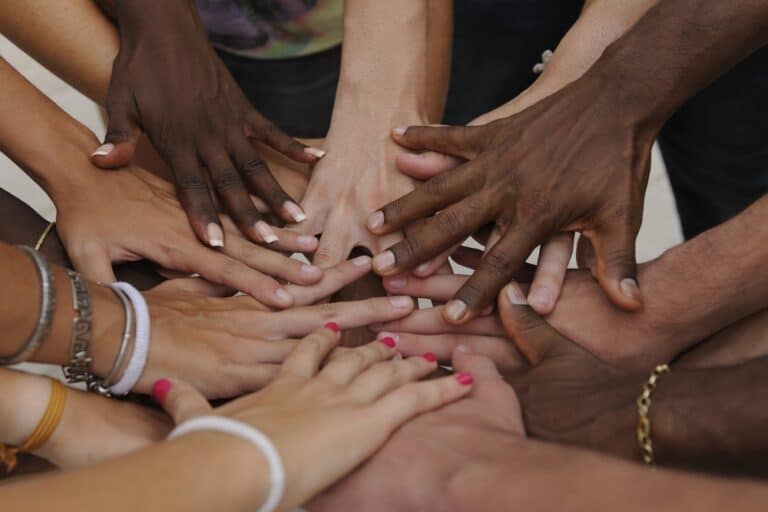I’m on vacation this week at my happy place. The view from our screened porch (my favorite “in-doors” spot) includes bright green sea grape trees loaded with fruit, and a white sandy beach leading to the Gulf of Mexico. In the midst of all the relaxation and beauty, I have found myself noticing impressive resilience, which has caused me to ponder whether we (humans) tend to give-up too quickly on every-day-type challenges. Further, what are we missing out on because of our lack of resilience?
What do I mean by resilience?
Resilience is defined in the Miriam Webster dictionary as an ability to recover from or adjust easily to misfortune or change. In our workshops, we refer to Doc Childre and Deborah Rozman, Ph.D.’s description of resilience as the property of a material that enables it to bounce back and resume its original shape or position after being bent, stretched, or compressed. We also teach about the human need for resilience, in order to cope with and move beyond “negative” emotions.
Earlier I said “every day-type challenges” because all too often we witness the resilience of individuals and communities in response to terror and tragedy. What I’m referring to today are average or typical challenges we bump into, as we navigate through our daily lives.
Here’s one example of resilience I’ve been paying attention to this week:
There is a couple staying a few doors down, and for the last three days I have watched them trying to play Kadima (the “sport” with the small Ping-Pong style paddle and rubber ball, where you volley back and forth, no net required). Anyway, it is clear this is their first adventure with Kadima.
On the first day, I struggled to NOT offer some coaching advice, as I watched one hit the ball, followed by the other picking the ball out of the water and hitting it back. That cycle was repeated for at least thirty minutes. I told my husband I was getting stressed-out just watching them, and I wondered how frustrated they must be and why they kept going. Hit the ball, pick it up out of the water, and hit it back again. Crickey! Give up already.
On the second day I was surprised to see them back at it, and somewhat impressed as they kept going. Eventually they reached the point they could hit the ball, volley it back, and then retrieve it from the water. By yesterday afternoon (day three), they were able to volley the ball back and forth two, three, even four times before retrieving it from the water and starting over. That is serious progress!
As I watched the couple “play” yesterday afternoon, I felt a little proud of them for sticking with their challenge, and the word “resilience” came to mind. In the face of (what felt to me like) serious adversity, a distinct lack of success, and I’m pretty sure a lost piece of jewelry in the process, this couple has shown great resilience.
For three days in a row, they have committed at least thirty minutes to learning how to play Kadima. It has been a big challenge for sure, but they have given themselves ample time to regroup and recharge before attempting their next session. As a result of their ability to recover and adjust, they are truly improving with a new “sport” and spending quality time together in the process. Kind of inspiring, right?
What kind of challenge are you facing today? Whatever it is, please don’t give up too soon! I encourage you to intentionally find ways to refocus and recharge, and then get back at it. I have a feeling your resilience will lead you directly to your break through.
Contact us today to learn more about developing your resilience muscles.


